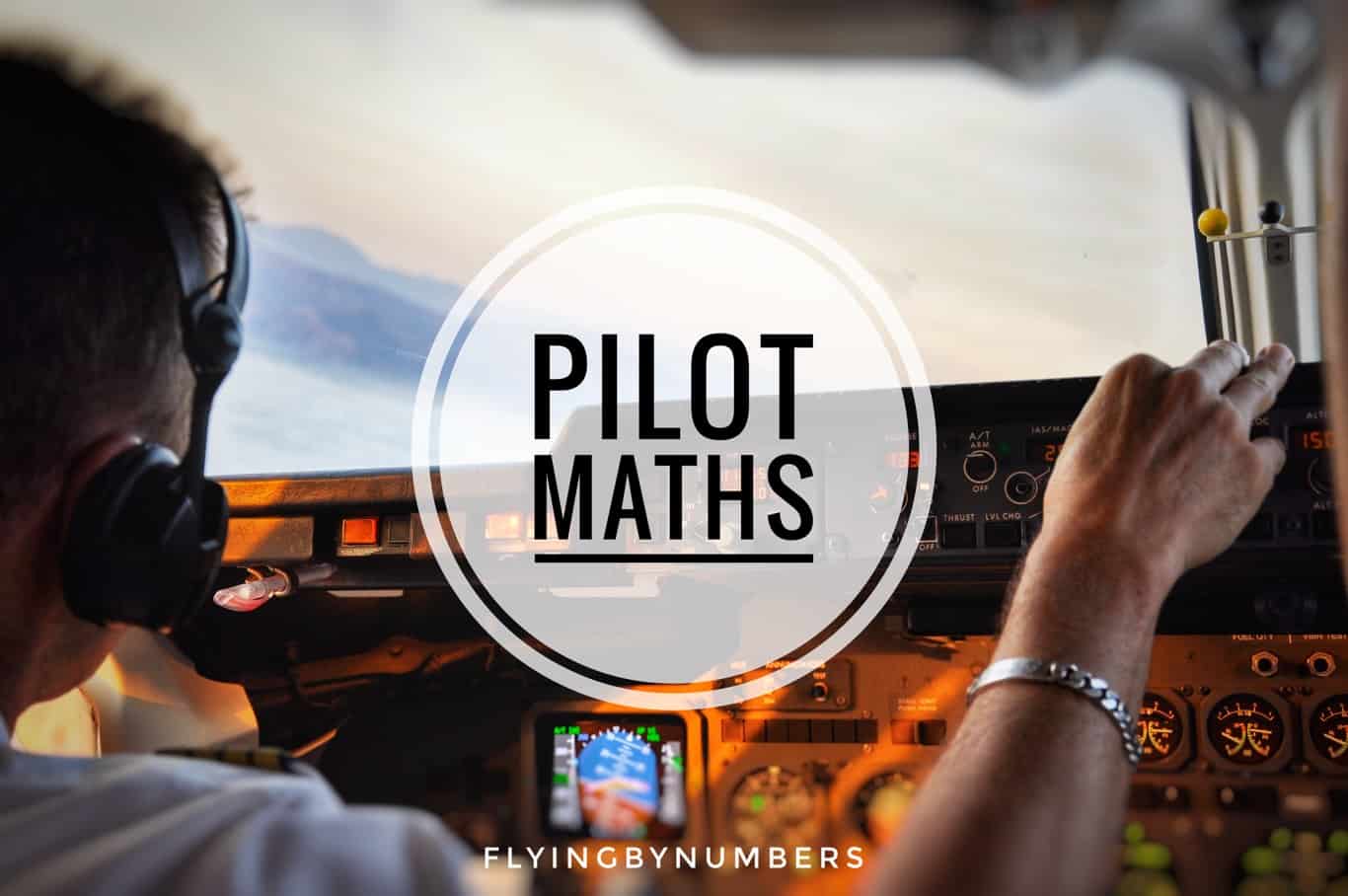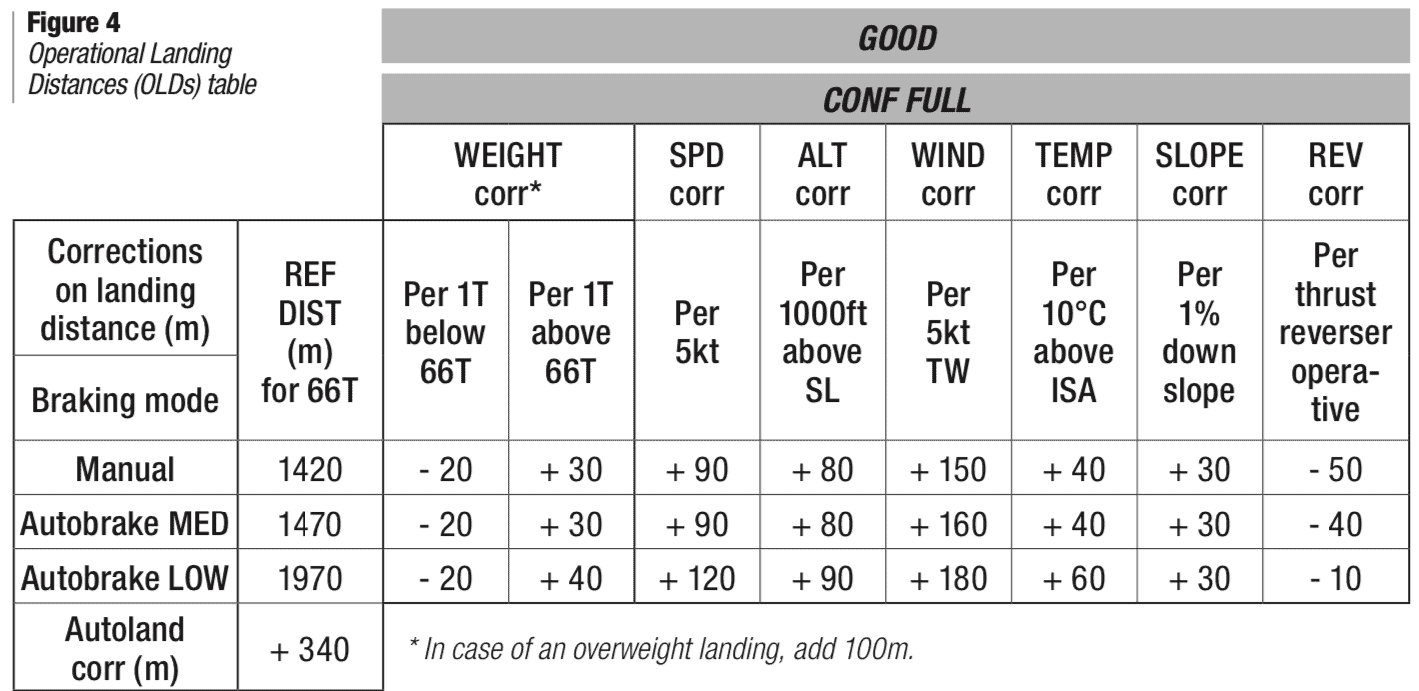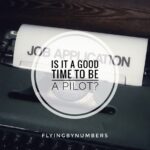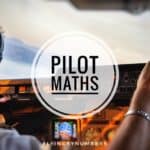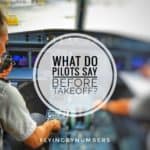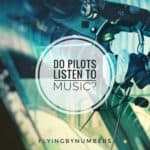Maths is everyone’s least favourite subject in school! So, it’s no surprise that one of the questions I get asked the most by aspiring pilots, is, do you have to be good at maths to be a pilot?
As commercial aircraft have become increasingly automated, and computers help solve many calculations, airline pilots have ended up doing less maths. However, mental maths still play a crucial role in the day-to-day role of pilots.
Here we’ll look at pilots vs maths!
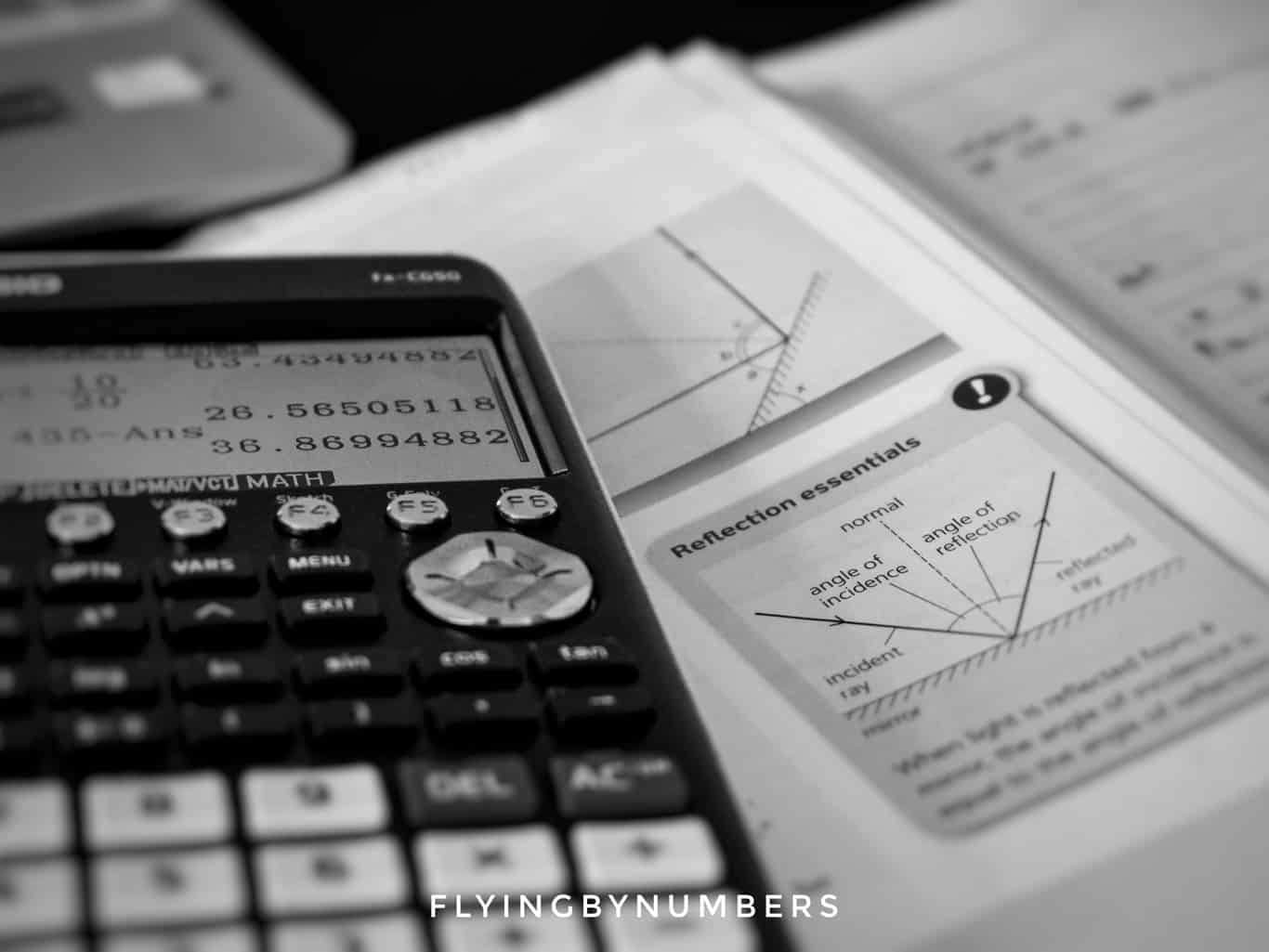
Do you need to be good at maths to be an airline pilot?
Mental maths is an important skill for pilots — we use it every day — but you don’t need to be particularly good at maths.
In the UK, most flying schools require that you have five GCSEs to study to be an airline pilot. While Maths, Science, and English are all required, they only need to be at a grade C or above.
However, this requirement is a minimum. Most people equate the math skills required to pass commercial pilot ground school exams as equivalent to A-level maths in places. As a result, the UK government recommends having 2 – 3 A-levels as a minimum educational requirement.
If you struggled to obtain a grade C at GCSE, being an airline pilot may not be out of your reach — but you will need to work very hard in the initial training to catch up.
How do airline pilots use maths while flying?
Airline pilots use quick mental math skills in several ways throughout their day-to-day flying.
While onboard computers calculate navigation, and speed accurately, these systems aren’t perfect, having to be manually checked.
Known as gross error checks, airline pilots use simple maths on every single flight to calculate that the aircraft’s speed, altitude, and fuel consumption roughly checks with what the systems are predicting.
Airline pilots also use maths in the planning phase. Depending on the aircraft and airline procedures, pilots manually calculate the weight and balance of the aircraft, to make sure it is safe to fly.
The data provided by electronic systems should not contain any errors, but never assume it is correct
UK CAA — Gross Error Checks
One of the most important ways pilots use maths, is in the calculation of aircraft landing distance. By comparing the exact weather and the aircraft weight at their landing destination with distance tables like this from Airbus, pilots use maths to accurately work out how much runway they will use up.
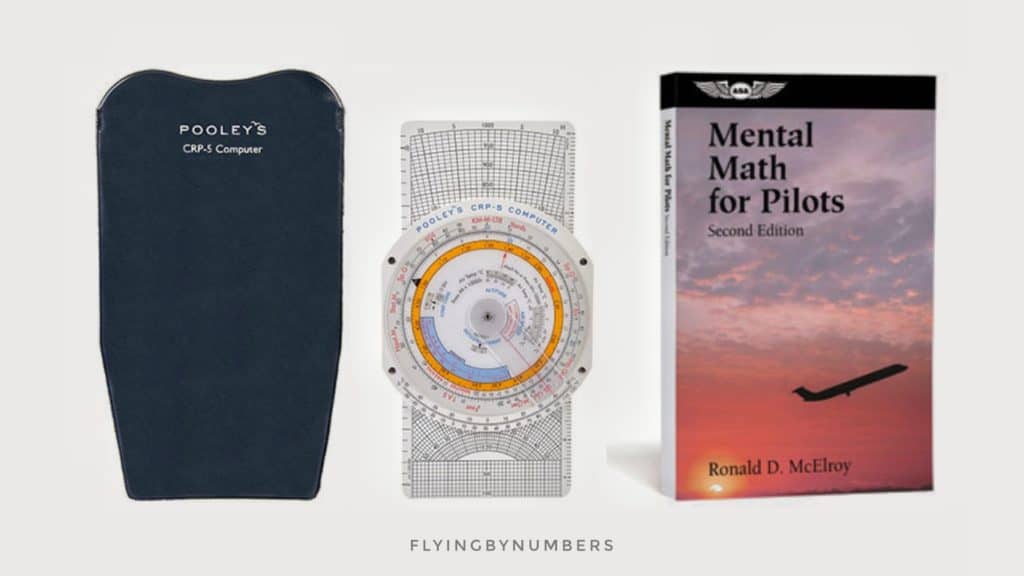
Quick mental maths remains a key pilot skill
– Captain Josh
